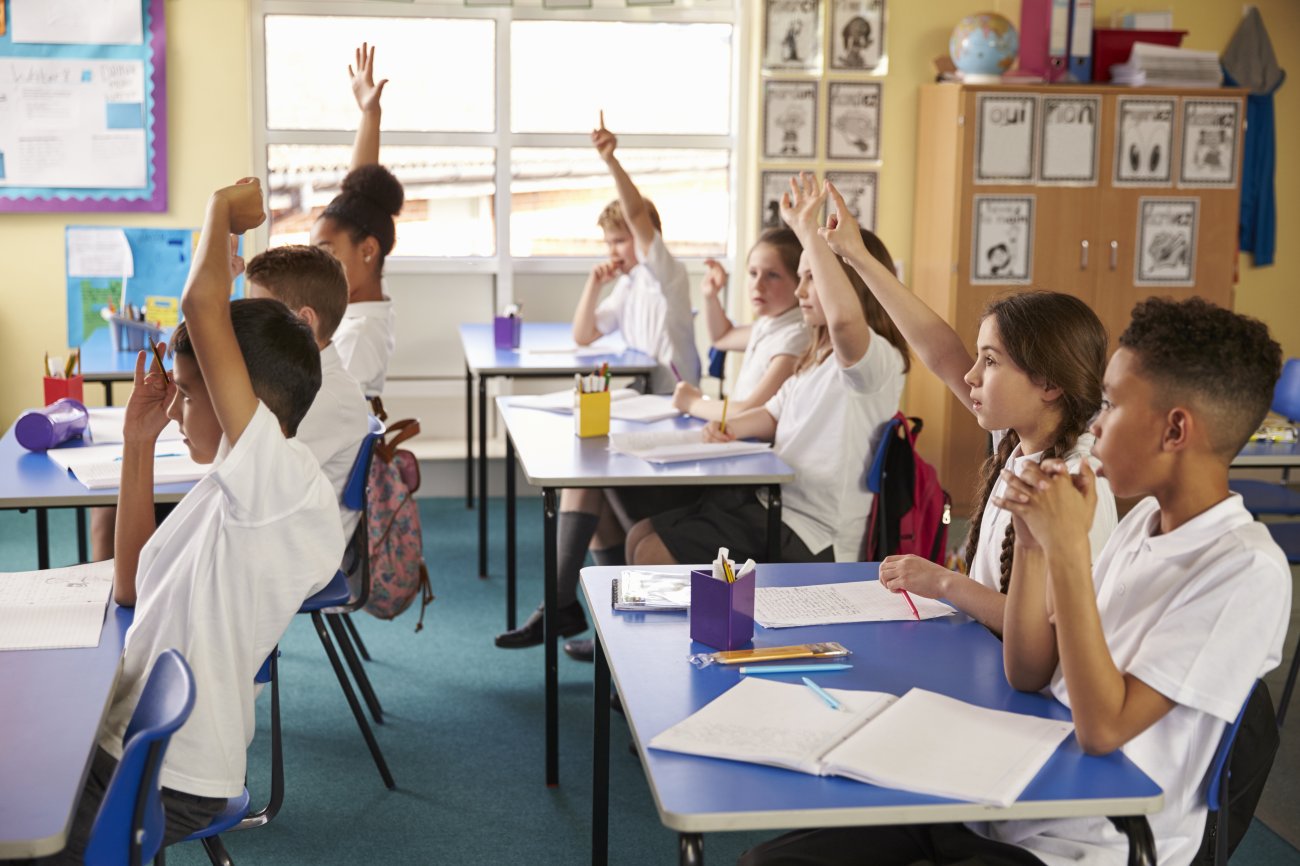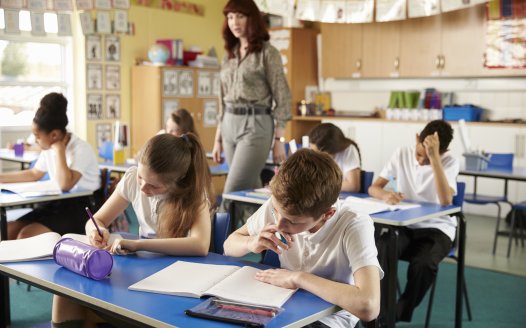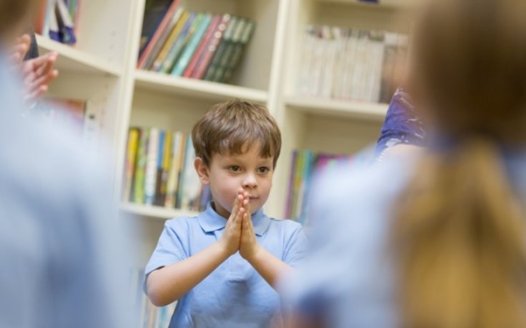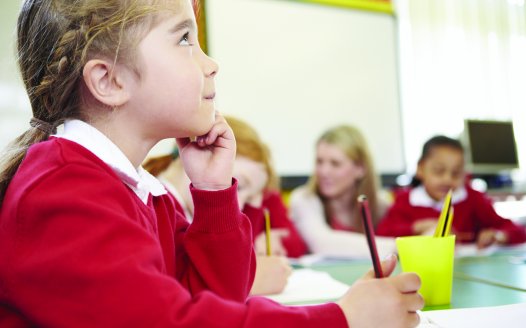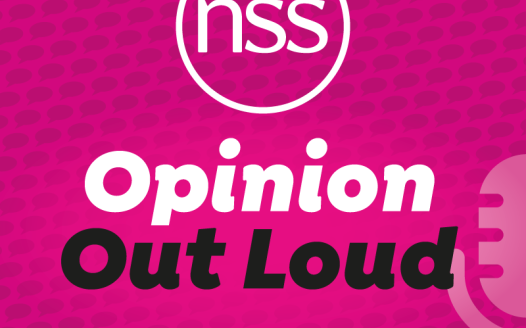Remove religious barriers to inclusion in NI schools, paper says
Posted: Tue, 30th Jan 2024
"Little change" in school religious composition for over two decades, research finds
Catholic and Protestant schools in Northern Ireland should be more inclusive of children from different backgrounds, a new paper has suggested.
The research, published this month by Queen's University Belfast, found there has been "little change" in school composition since the signing of the Good Friday Agreement in 1998. This is despite the "stated aspiration" of Catholic and Protestant churches for schools to become "more diverse".
The paper suggests this can be achieved by reforming religious education (RE) and addressing religious barriers to participation.
Schools in NI are mainly segregated along Catholic and Protestant sectarian lines. The Good Friday Agreement called for efforts to promote schools which included children from different religious backgrounds.
More recently, integrated schools have opened which aim to educate children from Catholic, Protestant and other backgrounds together in an inclusive manner. Integrated schools remain small in number, despite increased demand and recent legislation which requires the NI executive to support them.
"Little evidence of change" at Catholic schools
The research found there has been "little change" in the composition of Catholic, Protestant and integrated schools between 1997/8 and 2021/22. Just over 89% of children from Protestant families attend controlled or voluntary schools (de-facto Protestant in ethos), while 87% of pupils from Catholic backgrounds attend Catholic maintained or voluntary schools.
The greatest change is in Protestant schools, where the percentage of pupils from Protestant families has dropped from 83.7% to 61.8%, while there has been an increase in pupils from other religion or belief backgrounds from 11.8% to 29.6%. This reflects the change in NI's demographics, which have seen a decline in Protestants and an increase in those without a stated religion.
But the percentage of Catholics at Protestant schools has seen a much smaller increase, from 4.6% to 8.7%.
Catholic schools have seen the least change. The proportion of children from Protestant families has barely risen from 0.7% to 1.3%.
Integrated schools have seen an increase in the proportion of pupils from families which are neither Catholic or Protestant from 14.9% to 29.8%. Integrated schools aim to admit pupils from roughly 40% Catholic, 40% Protestant, and 20% other backgrounds.
Schools should adopt "a more consciously inclusive approach"
The paper suggests Catholic and Protestant schools "match their stated aspiration for a more diverse enrolment" with "pro-active attempts to encourage or welcome applications from other communities".
It says one way to do this is to reform religious education (RE) "so that it is less directly or indirectly denominational in character".
RE in NI schools is controlled by religious bodies to a greater extent than anywhere else in the UK. In 2022 the NI High Court ruled that the Christian bias of RE makes it incompatible with the European Convention on Human Rights.
Another step schools could take is to "remove any direct or indirect use of religion, or inferred use of religion, in their admissions criteria", the paper says.
Although there is no explicit legal prohibition on selecting pupils based on religion in NI, Catholic and Protestant schools do not generally use faith-based selection like schools in Great Britain. However, some Catholic schools give priority to children whose family members have attended the school in the past, which generally favours Catholic families.
The paper suggests schools could "pro-actively recruit a more diverse workforce among their teachers or other staff". Since 2022, it has been unlawful for schools in NI to discriminate against staff on religious grounds.
Additionally, the paper says schools could "identity any cultural, religious or other barriers to participation by nontraditional pupils or staff" and address these "in favour of a more consciously inclusive approach".
One prominent barrier to inclusion in NI schools is its law requiring daily acts of Christian collective worship. This was also found to breach human rights.
NSS: A secular school system is "the best approach"
NSS head of campaigns Megan Manson said: "We welcome this report's suggestions to make NI schools more inclusive for families of all religions and none.
"Reforming RE and removing barriers to inclusion would help put NI schools on the right side of human rights law, which they currently breach due to their Christian-biased RE and collective worship laws.
"Ultimately, the best approach for NI to tackle segregation and to accommodate its increasingly diverse society is to aim for a secular school system, where children from all religion and belief backgrounds are treated equally and where religion is never a barrier to inclusion."
What the NSS stands for
The Secular Charter outlines 10 principles that guide us as we campaign for a secular democracy which safeguards all citizens' rights to freedom of and from religion.

